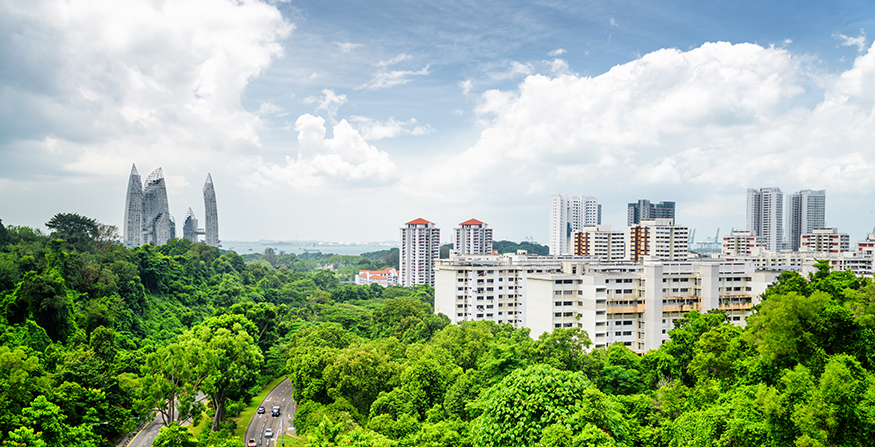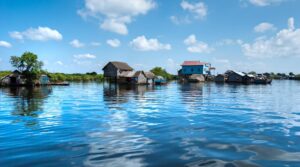PERSPECTIVES
Water resilience has become a key agenda for cities today, as most natural and climate-change induced disasters usually manifest through water, such as floods, storms, water-borne disease outbreaks, and droughts. Amid the climate change impacts, it is necessary that cities prioritize on improving the governance of its freshwater systems, including its rivers.

River-related disasters like floods, are increasingly becoming a threat for many cities, often linked to extreme events such as heavy rains, which can be linked to climate change. It is estimated that nearly 80 per cent of the world’s population is exposed to water scarcity because of large-scale transformations of water systems like rivers, transformation that may involve land cover change, urbanisation, industrialisation, deforestation, inefficient agricultural practices, overgrazing, hydrologic infrastructure, etc . The lack of planning and rapid urban development through infrastructural investments have forced many rivers into artificial structures, removed vegetation, drained wetlands, and dredged rivers, resulting in destroying habitat and river ecosystems.
This brief is based on the research study conducted under the UNDP-SIWI Water Governance Facility on Urban River Governance. This brief draw inspiration from the published works on Urban River Governance chapter in eds. Shinde, Victor R., Rajiv Ranjan Mishra, Uday Bhonde, and Hitesh Vaidya, 2023, Managing Urban Rivers: From Planning to Practice, and SIWI’s publication on ‘Unpacking freshwater’s role in climate change mitigation’




We use cookies on our website to make your experience better. Your personal data is safe and we do not sell it to anyone.
The website is running without cookies, some features will not work.